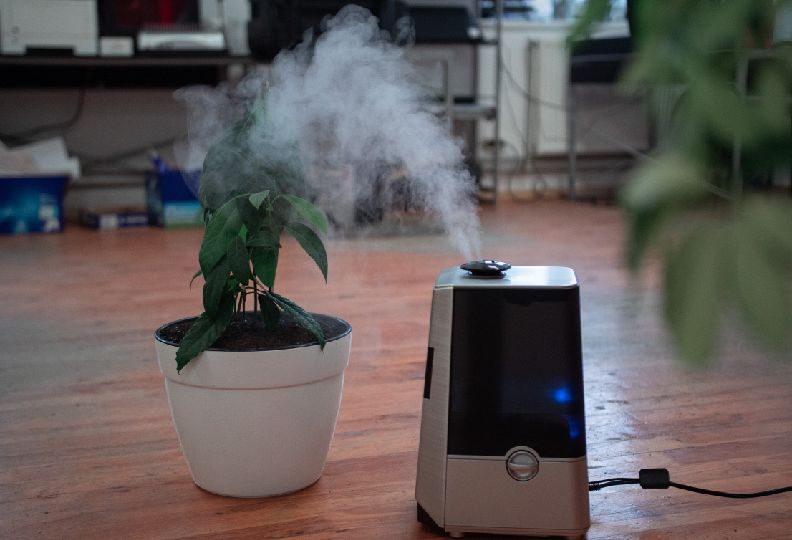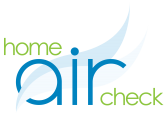
The Hidden Costs of Poor Indoor Air Quality
While most people are aware of the dangers of outdoor air pollution, less are aware about the effects of poor indoor air quality. This is when harmful substances — mostly coming from furnishing, appliances, central heating and cooling systems, dirt build-up, improperly disposed of garbage, and excess moisture — accumulate in the air in excessive amounts.
Day-to-day activities can also contribute to this with a long form article about indoor air pollution published by The New Yorker detailing how cleaning, cooking, and personal-care products produce chemicals that act as household air pollutants. Using bleach-based cleaners, for instance, produces chloramine, a chemical that can inflame a person’s airways. Starting the gas burner, on the other hand, emits nitryl chloride, which contributes to smog formation. Even applying body sprays, mists, and antiperspirants, have been shown to release chemicals like hydroxyl radical into the air. As the above examples show, poor indoor air quality is an issue that every home faces and it can be very costly.
Compromised Health
Indoor air pollution can take a huge toll on a person’s health. A study on ‘Indoor Air Quality and Health’ found that exposure to such air might bring more health risks compared to outdoor air pollution due to people spending around 90% of their time indoors. Particularly vulnerable are children, the elderly, and those with chronic respiratory illnesses such as asthma and COPD (chronic obstructive pulmonary disease). These can lead to compromised health, which in turn can lead to costly visits to the doctors. For those who don’t have good or any medical insurance this can lead to huge bills that could be avoided.
One way to reduce indoor air pollutants is investing in an air purifier, as it can remove the irritants and pollutants in your home. Simple things like not blocking air vents, cleaning water spills promptly, and disposing of garbage properly are crucial, too, as they help ensure cleaner air.

Higher Utility Bills
All that dirt filtered by your HVAC system makes it work overtime, as a dirty filter interferes with airflow and leads to a 5–15% reduction in its energy efficiency. This results in greater energy consumption, which then reflects in your utility bills. Fortunately, by being proactive about home maintenance homeowners can avoid the cost of indoor air pollution on both their health and bills. To start, Marcus’ home maintenance guide emphasizes the need to check your air filters every season, and replace them when necessary. Try to make it a habit to check your air filters every month or so. After all, replacing your air filters a few times a year is more cost-effective than shelling out money on unnecessarily high utility bills month after month.
Presence of Pests
Indoor air pollutants like dirt, mold, excess moisture, and improperly disposed of waste can attract pests like dust mites, mice, mosquitoes, rats, and cockroaches. This is another serious problem to deal with on top of poor indoor air quality, as pests can be a major irritant and causes allergies and even illnesses. This is why Harvard Heath’s guide to cleaner indoor air recommends regular thorough cleaning as a way to reduce pet dander, mold, and dust in your home.
Needless to say, it’s time to pay more attention to the quality of air inside your home. One thing that can surely help in that regard is our Formaldehyde test kit, so you can regularly check indoor air quality.
Written exclusively for Home Air Check by Shae Christie


[…] Related: The Hidden Costs of Poor Indoor Air Quality […]
[…] installing trickle vents, getting an air purifier, or buying houseplants. Take care of your air quality at home, and change your life for the […]
[…] up, taking care of your air conditioner correctly is crucial if you want to save money on energy bills and keep your house comfortable during the hot summer months. The tips mentioned above may seem […]